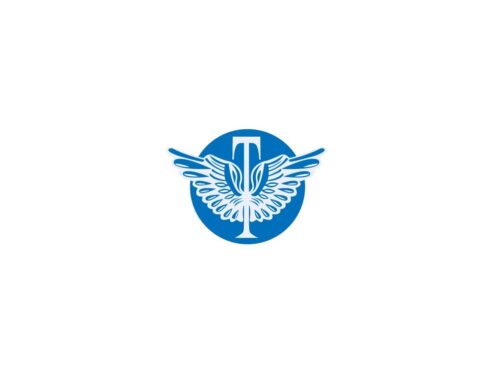
Ashok Kumar, India’s High Commissioner to Zambia since 2008, promotes stronger ties between India and Zambia and highlights Zambia’s investment potential. He says, “Zambia offers abundant resources from mining to agriculture, along with fertile land, a small population, young English-speaking workforce, and ample supply of water. In fact, 40% of the above-ground water in southern Africa is found in Zambia. Once it maximises its resources, Zambia will certainly develop rapidly.”
Through the office of the High Commissioner, India is lending its expertise to Zambia and investing in the country’s future. Of the €3.6 billion India has earmarked for programmes in Africa over the next five years, a large percentage will target Zambia. Mainly through value-addition projects. High Commissioner Kumar says, “In India, Gujarati women have created profitable businesses through pulping mangos; Zambians could launch something similar here. In addition, the country’s gemstones could be processed here. Value addition is the way forward for Zambia.”
India is helping Zambia develop its small and medium-sized enterprises (SMEs), an economic segment with which India has extensive experience and many success stories. India is also supporting Zambia’s agricultural development. Ashok Kumar explains, “Until you develop agriculture and SMEs, you will not combat poverty. In the agriculture sector, Zambia has great potential not only to feed its population but also to export agricultural products. The sector traditionally focuses on maize cultivation, so Zambia’s potential for cotton and sugar production is yet to be fully developed.”
Long history of partnerships
India and Zambia have a long history of partnerships, and some of the biggest investors in Zambia today are Indian companies. Just one example is KCM, which, with some 22,000 employees, is the largest single employer in the country after the Zambian government. Other leading Indian companies operating in Zambia include TATA, which is investing in hydropower projects there. Through the Indian Technical Economic Cooperation initiative, the Indian government finances training programmes in Africa in a wide range of fields and has already trained over 2,500 Zambians.
Ashok Kumar praises Zambia’s progress and is very confident about the country’s future. He says, “The self reliance Zambia is practising – the move from aid to trade — is part of the reason for the country’s promising growth over the past few years. Zambia’s successful shift in paradigms is something the Indian government recognises and it is now the focus of the relationship between the two countries.”




